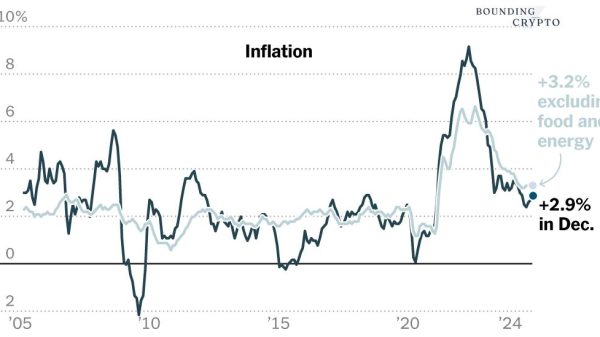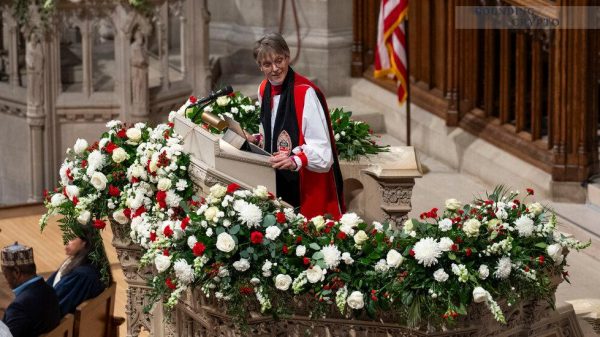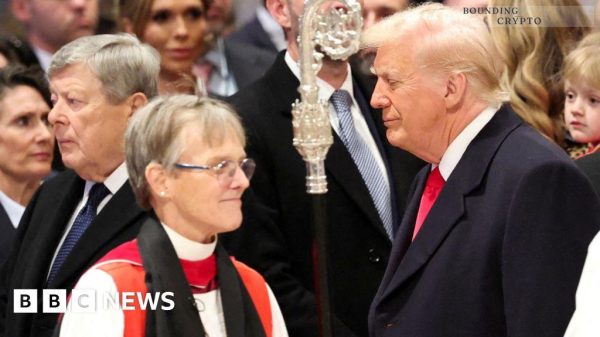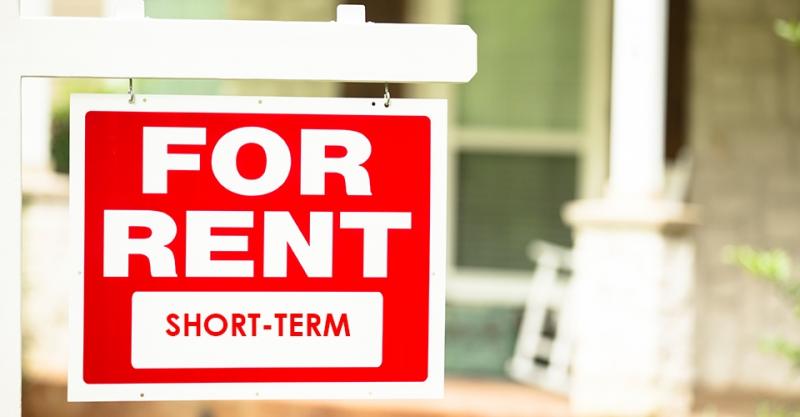Global Cities Navigate Short Term Rentals Regulations Amidst Housing Crisis
Cities worldwide, including New York City, Florence, and London, are responding to the global housing crisis by imposing various regulations on short term rentals, affecting platforms like Airbnb.

Cities worldwide, including New York City, Florence, and London, are responding to the global housing crisis by imposing various regulations on short term rentals. (PHOTO: Traverse Legal)
READ ALSO: POOLIN MINING POOL’S DECLINE REVEALS A SELF-CORRECTING MARKET AMIDST DIMINISHING MINING REWARDS
Global Housing Crisis Spurs Tighter Short Term Rentals Regulations: Impact on New York City and Beyond
The global housing crisis has prompted many major cities to grapple with the impact of short-term rentals, particularly in tourist hotspots. In Australia, the regulation of short term rentals is primarily managed by local councils, but some states are considering tighter restrictions. According to a published article in ABC News, similar challenges are faced worldwide, with some cities imposing strict rules or even banning short-term rentals.
In New York City, a recent crackdown on short term rentals took effect, leading Airbnb to cancel some existing bookings and refuse others. According to The Daily Star, the new regulations prohibit renting whole apartments for less than 30 days and require hosts to physically reside with guests. This has significant implications, limiting accommodation options for travelers.
READ ALSO: SAFEGUARDING GOLD INVESTMENT OPTIONS IN AN ERA OF ECONOMIC UNCERTAINTY
Short Term Rentals Rule Across the Globe: Florence, London, San Francisco, and More
Florence, Italy, also addressed the issue by banning new short term rentals in its historic center to attract permanent residents back to the city. London, UK, restricted entire property rentals to 90 nights per year, aligning with UK law. San Francisco, where Airbnb’s headquarters are located, allows hosts to rent their entire space for up to 90 days annually, provided they reside there for most of the year.
Amsterdam, Toronto, and Singapore each have their own regulations, limiting the number of nights properties can be rented and imposing taxes. In Berlin, Germany, primary residences can be listed without restrictions, but secondary residences face limitations. France allows 120 nights of short term rentals for primary residences, while Barcelona permits entire property rentals with the appropriate license.
The varying regulations reflect the ongoing debate between preserving affordable housing for residents and accommodating tourists’ needs, highlighting the complexity of addressing the housing crisis in popular tourist destinations.
READ ALSO: IPPR REPORT HIGHLIGHTS FAILURES IN GOVERNMENT EMPLOYMENT SUPPORT SERVICES, CALLS FOR URGENT REFORM








































